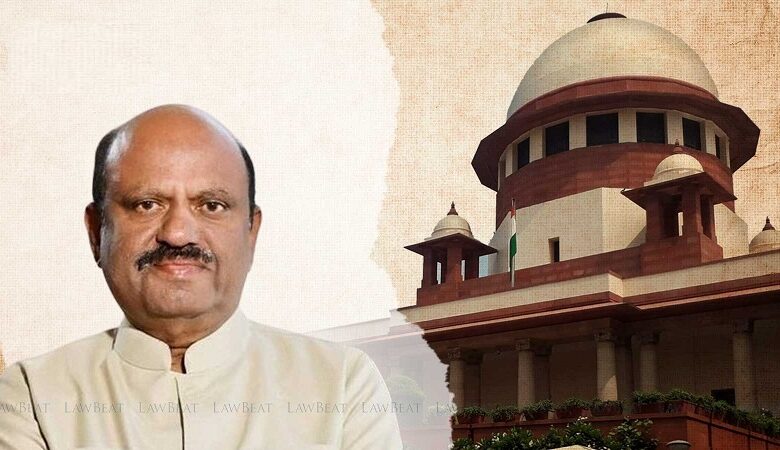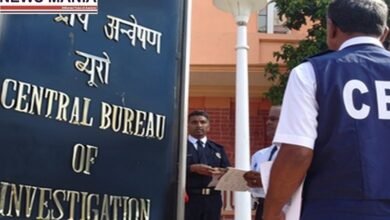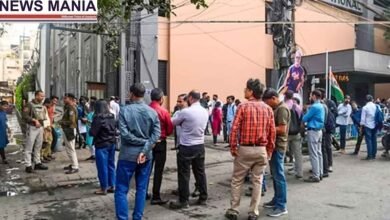Supreme Court Issues Notice to West Bengal Government Over Sexual Harassment Allegations Against Governor

News Mania Desk/Agnibeena Ghosh/19th July 2024
On July 19, 2024, the Supreme Court of India directed the West Bengal Government to respond to a plea by a woman employee of the Raj Bhavan who has accused the state Governor, C V Ananda Bose, of sexual harassment. The court has also permitted the woman to include the Union of India in the case and requested assistance from the Attorney General.
A three-judge bench led by Chief Justice D Y Chandrachud, and including Justices J B Pardiwala and Manoj Misra, addressed the plea concerning Article 361(2) of the Indian Constitution. This provision stipulates that criminal proceedings cannot be initiated or continued against the President or a state Governor during their term in office. The bench’s order reflects the complexity of interpreting this immunity clause, particularly in the context of alleged sexual harassment.
The woman, a contractual employee at the Raj Bhavan, filed a police complaint in May alleging that Governor Ananda Bose had harassed her during phone calls on April 24 and May 2. She claims that these interactions, which were ostensibly related to job offers, involved inappropriate conduct. Her complaint led to an investigation, but the Calcutta High Court subsequently stayed proceedings against the Officer on Special Duty (OSD-II) to the Governor. The OSD-II was accused of coercing the woman to withdraw her complaint against the Governor.
The Supreme Court’s involvement came after the woman’s appeal, arguing that the blanket immunity granted to the Governor under Article 361 left her without legal recourse. Her plea requests the court to establish guidelines on the limits of this immunity and to direct the West Bengal Government to ensure her safety. Additionally, she seeks compensation for the harm to her reputation and dignity caused by the Governor’s alleged actions.
Senior Advocate Shyam Diwan, representing the complainant, emphasized the necessity of continuing the investigation despite the Governor’s constitutional protection. The Supreme Court’s engagement underscores the delicate balance between legal immunity and accountability in cases of alleged misconduct by high-ranking officials.
The petitioner contends that Article 361’s immunity was intended to protect the Governor from undue publicity and malicious claims, but she argues that it should not extend to serious allegations like sexual harassment. The Supreme Court will need to determine whether such offenses are covered by the immunity provisions and, consequently, whether the Governor’s conduct falls within or outside the scope of this protection.
The case has attracted significant attention due to the high-profile nature of the allegations and the implications for how immunity provisions are applied. The outcome could set important precedents for handling similar cases involving constitutional figures and their conduct.
As the legal proceedings unfold, the Supreme Court’s decision will be pivotal in addressing both the specific allegations against Governor Bose and the broader interpretation of constitutional immunity for state officials.






